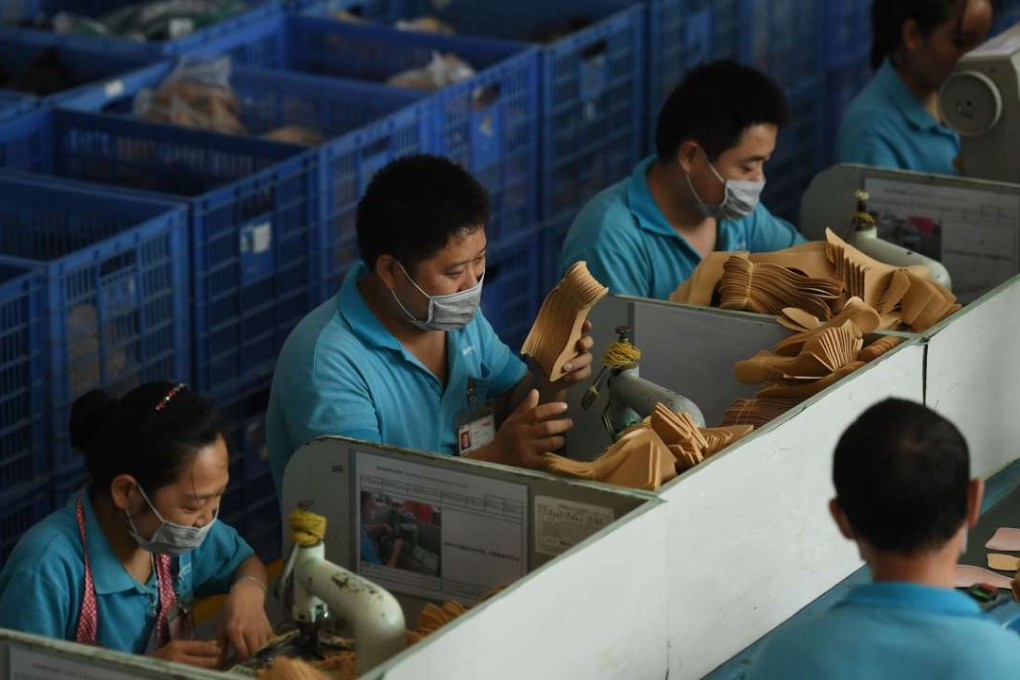China’s property rights safeguards will need support on the ground
Shang-Jin Wei says new rules to protect property, assets and IP rights will reassure private businesses and boost growth, but much depends on their implementation

The guidelines aim to advance three key objectives. First, they limit the government’s discretionary ability to take private property from entrepreneurs and private citizens. They stress the “equal status” of state-owned enterprises and private firms, and the “equal protection” of their property rights. So private property will no longer be inferior to state property – at least officially.
China has been facing a new wave of capital flight, driven partly by concerns among entrepreneurs that President Xi Jinping’s ( 習近平 ) anti-corruption campaign could one day be redirected at them.
From property rights to original sin, how Beijing is reassuring China’s entrepreneurs
The new guidelines address this by calling for forgiveness of “original sins” – irregular or illegal activities or tax evasion by entrepreneurs in their firms’ early days. This amnesty, along with a broader shift towards equality between SOEs and private firms, could clear the uncertainty for businesspeople.

The second objective is to eliminate the expropriation of state-owned assets by private parties, including by self-dealing managers of SOEs. This takes many forms, including selling state-owned assets at below-market value to connected private parties, and stock market insider trading.
China’s anti-graft agency to focus on political factions and organised corruption
One positive effect of the anti-graft campaign has been the suppression of such behaviour. Even so, it makes sense for the guidelines’ drafters to propose more measures to minimise risks from poor corporate governance.